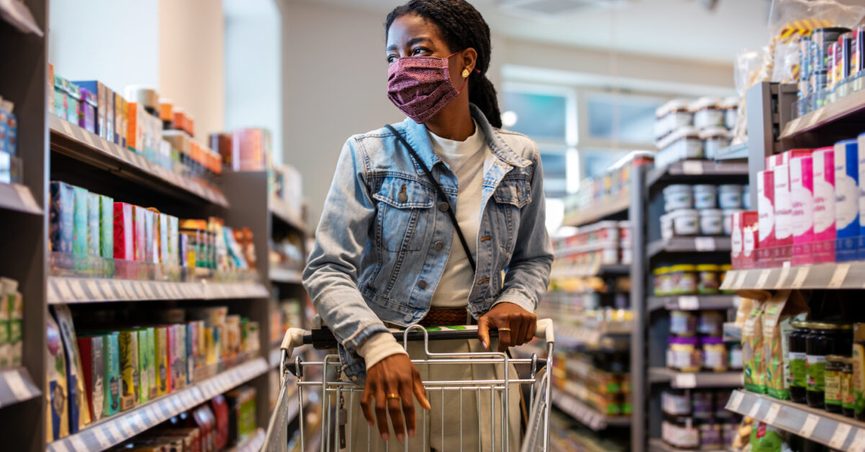随着各种与健康有关的行为发生变化,至少有一半的人在六个月内复发。

【原文】
This article by is republished here with permission from The Conversation. This content is shared here because the topic may interest Snopes readers; it does not, however, represent the work of Snopes fact-checkers or editors.
As the pandemic drags on, following COVID-19 prevention guidelines can feel like more and more of a challenge.
This kind of fatigue is not unique to pandemic precautions like sticking with social distancing, masking up and keeping your hands washed. With all kinds of health-related behavior changes – including increasing physical activity, eating healthy and decreasing tobacco use – at least half of people relapse within six months.
Think back to the start of April. Much of the United States was under stay-at-home orders. New York City was experiencing close to a thousand COVID-19 deaths a day, and new cases of this previously unknown disease were popping up all over the country.
Coronavirus fears had people either ordering necessities for delivery or rushing through stores as fast as possible, avoiding everyone. When they got home, shoppers wiped down their groceries, vigorously washed hands, maybe even took a shower and changed into clean clothes. People got used to staying home.
In the pandemic setting, this is like thinking about the way the world was before COVID-19. A drink after work with a group of friends, a game of pickup basketball or a live concert are all things that people miss in today’s world – and it’s hard not to dwell on the things you’re not getting to do. But while thinking about them can bring back fond memories, it can also encourage you to engage in risky behaviors.
Staying safe and sane
Case counts are rising. The weather is getting colder in many areas, making outdoor dining and socializing less feasible. People need to double down on a level of precaution that can be sustained for months to come, keeping safe while not adding to their social isolation.
Some recommendations must be strictly followed. Hand-washing increased dramatically after the start of the pandemic. Hopefully, this will remain high, since it is a basic way to ward off many infectious diseases and one you can sustain without any negative effects on mental health.
Masks are also important. A study from August showed that 85% of Americans wore masks most of the time in stores. This needs to stay high to help limit the number of new cases.
That leaves physical distancing, which is probably the most difficult. Public health experts often advocate a harm reduction approach for behaviors where abstinence is not feasible – it’s a way to minimize but not eliminate risk. Crowds and large gatherings still need to be avoided. If Zoom and other video chats have grown stale, hosting your own small get-togethers is a possibility. Be aware, though, that while there are ways to minimize the dangers, socializing in a group comes with risks. Remember, your get-together is only as safe as your riskiest friend.
Pandemic fatigue is real, and it’s draining to stay on high alert month after month after month. Understanding it better might help you strengthen your resolve.![]()
Jay Maddock, Professor of Public Health, Texas A&M University
This article is republished from The Conversation under a Creative Commons license. Read the original article.
Help Supercharge Snopes For 2020
We have big plans. We need your help.